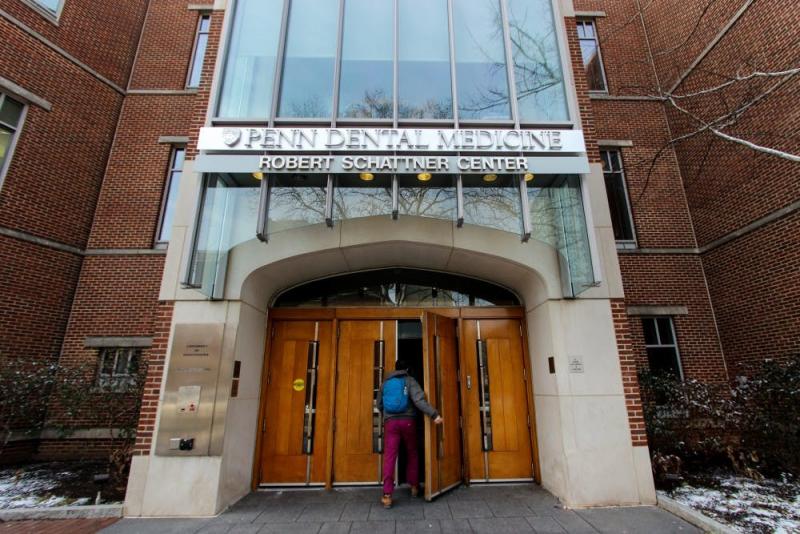Practicing Trauma-Informed Care in an Oral Health Care Setting by Neelam Vohra
Connecting Philadelphia’s vulnerable populations with affordable and affordable dental care can often be challenging. However, there is progress being made through collaborations aimed at bridging this gap in health care.
At the Nationalities Service Center (NSC), I have the opportunity to work with not only newly arrived refugees from around the world, but also asylees, survivors of torture, survivors of violence and other vulnerable populations arriving and living in the city of Philadelphia. After years of observing a lack of accessible, affordable dental care for NSC clients, the health team at my site decided to reach out to clinics in Philadelphia to begin problem solving. Several months ago, NSC began a partnership with Penn Dental Medicine in which clients of NSC are able to get connected with needed, often delayed, dental care at no cost to themselves, regardless of insurance status.
 Every Thursday, I escort 5 clients, who range in age, country of origin, and status to an area of a clinic in Penn Dental Medicine that is dedicated only to our clients. In it, dental students and a supervising doctor treat patients every week. It’s been incredible for me to see the ways in which this partnership, though only running for several months, has had such enormous impacts on the lives of NSC clients. We are able to connect clients who have never previously been to a dentist and may have a range of dental treatment that’s necessary or need to be educated on preventative care. Simultaneously, we are able to connect clients who have had negative and often expensive experiences at other dental clinics in Philadelphia, with care that is totally free of cost. This partnership allows for the reset button to be set in their dental care and provides a safe, intentional environment for clients to feel comfortable, heard and cared for.
Every Thursday, I escort 5 clients, who range in age, country of origin, and status to an area of a clinic in Penn Dental Medicine that is dedicated only to our clients. In it, dental students and a supervising doctor treat patients every week. It’s been incredible for me to see the ways in which this partnership, though only running for several months, has had such enormous impacts on the lives of NSC clients. We are able to connect clients who have never previously been to a dentist and may have a range of dental treatment that’s necessary or need to be educated on preventative care. Simultaneously, we are able to connect clients who have had negative and often expensive experiences at other dental clinics in Philadelphia, with care that is totally free of cost. This partnership allows for the reset button to be set in their dental care and provides a safe, intentional environment for clients to feel comfortable, heard and cared for.
It’s been amazing to put not only my own trauma-informed training from our National Health Corps orientation into use with my day-to-day interactions with clients, but to see the ways in which the students and doctors at Penn Dental Medicine also enact these same behaviors with the clients. I see how the students working with our clients acknowledge any fears that they may have, are flexible to some clients dynamic schedules and meet our clients where they are, comfort wise, everytime. In a healthcare system that is often unkind to our most vulnerable populations, I am inspired by the collaboration of my host site, NSC, and Penn Dental Medicine. As a hopeful future dentist planning to work with these same vulnerable populations, I feel hopeful by programs such as this one.
Image Description: Entrance of Penn Dental Medicine, person entering through front doors.